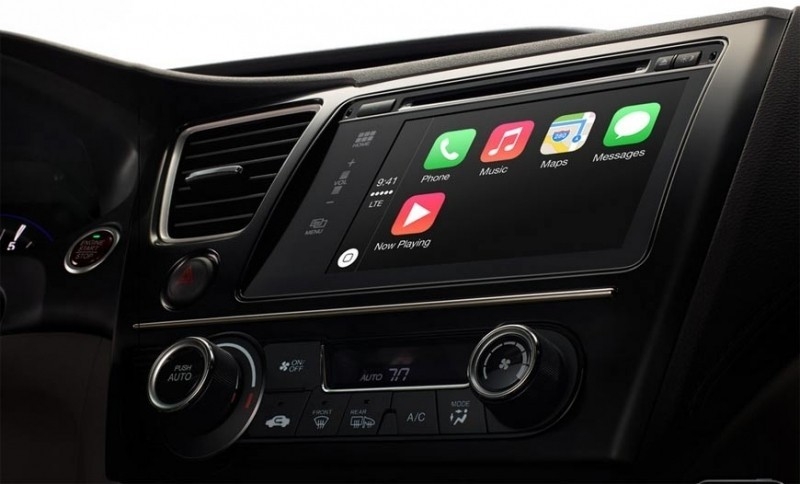
Automakers are increasingly leaning on infotainment systems jam-packed with technology to help sell vehicles but according to a recent study from J.D. Power, there’s quite a few people that aren’t all that into car tech.
In its Driver Interactive Vehicle Experience report, J.D. Power found that at least 20 percent of new-vehicle owners have never used 16 out of the 33 technology features measured in the study. The top five features that respondents said they never use are in-vehicle concierge (43 percent), mobile routers (38 percent), automatic parking systems (35 percent), head-up display (33 percent) and built-in apps (32 percent).
Of those five, I would have guessed that automatic parking systems would be popular but I digress.

The study also found that at least 20 percent of people said they don’t want specific technology in their next car including Apple CarPlay and Android Auto.
Why are so many people turning the cold shoulder when it comes to in-car technology? According to Kristin Kolodge, executive director of driver interaction & HMI research at J.D. Power, owners simply prefer to use their smartphone or tablet because it meets their needs, they’re already familiar with how to operate their personal device and it’s accurate.
Among everyone that was polled, the reason for not wanting a specific technology feature in their next ride was that they didn’t find it useful in their current vehicle. Unsurprisingly, there’s also a correlation between owners whose dealer did not explain a certain feature and the customer even knowing it exists in their vehicle.
https://www.techspot.com/news/61904-20-percent-drivers-dont-use-half-their-car.html